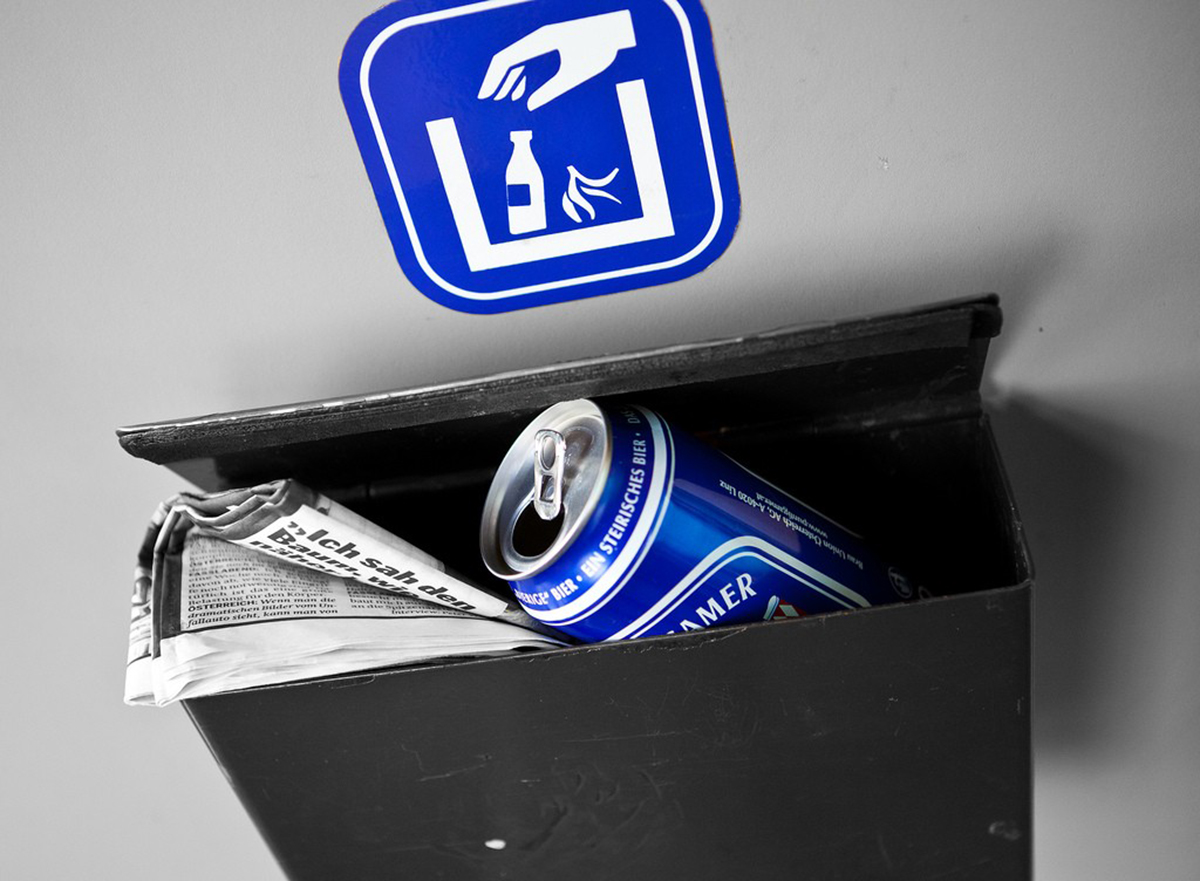Table of Contents
Can You Quit Alcohol On Your Own?
Many people don't realize that an alcoholic who quits drinking goes through a withdrawal process, just as those addicted to heroin and other heavy drugs do. The symptoms vary from unpleasant to medically dangerous. This is something every person who is committed to becoming sober should realize before deciding they are up to quitting on their own.

The symptoms and individual with experience following alcohol cessation vary individually, and depend on the amount of alcohol they used, the length of their addiction, and their general health. Symptoms of alcohol withdrawal can include headaches, nausea and vomiting, shaking, sweating, mood swings and anxiety.
Stomach cramps, diarrhea, insomnia, concentration trouble, and an elevated heart rate and blood pressure are even more unpleasant aspects of the withdrawal process.
Delirium tremens is a severe form of alcohol withdrawal that is dangerous and even life-threatening. To give you a taste of what that can be like, here are the symptoms:
- Severe vomiting
- Fever
- Hallucinations
- Confusion
- A high degree of agitation
- Seizures
The possibility of delirium tremens, which changes the manner in which the brain deals with circulation and breathing, is the primary physical reason to think seriously before attempting to kick alcoholism on your own. We'd recommend that every alcoholic who is ready to begin recovery sees their family doctor before going through withdrawal.
In cases where medical supervision of alcohol detoxification is recommended, an alcohol treatment facility isn't always the only option — outpatient treatment is a viable possibility for many, and hospitals are also venues in which some alcoholics go through detox. Medication may or may not enter into the process.
If You Are Going It Alone
Those who are relatively sure they are able to go it alone, after consultation with a doctor, will still benefit from support. Alcohol-cessation support groups such as Alcoholics Anonymous, or simply the presence of supportive relatives and friends, can certainly make the difference between staying sober and returning to drink.
Those who are going to quit cold turkey should remove all alcohol from their home and declare it a drink-free zone. Ask your friends and relatives to commit to not drinking in front of you, and tell everyone that you are going to be sober. Request help and support throughout the process, because you are going to need it. Avoid places where drink is readily available, and kick those who aren't supportive out of your life for now.
Find something else to engage in to keep temptation at bay. Regular exercise and a balanced diet will help you stay sane and healthy, and keeping busy will distract you.
During the early stages, it is extremely easy to return to your addiction, so regular contact with other recovering alcoholics, therapy, and the true support of the people in your life will be essential.
See Also: Alcohol Addiction: Ten Ways To Stop Drinking So Much
You can do it! Alcohol will always be your weakness — and you will always be an addict. You can stay sober, however. Yet, finding that staying away from your addiction is too much to handle all by yourself is not equal to admitting defeat. There is absolutely no shame in seeking medical help when the physical or emotional symptoms of recovery prove too much for you.
- Photo by shutterstock.com
- Photo courtesy of Bernhard by Flickr : www.flickr.com/photos/coffee-table-art-stuff/6978701422/

